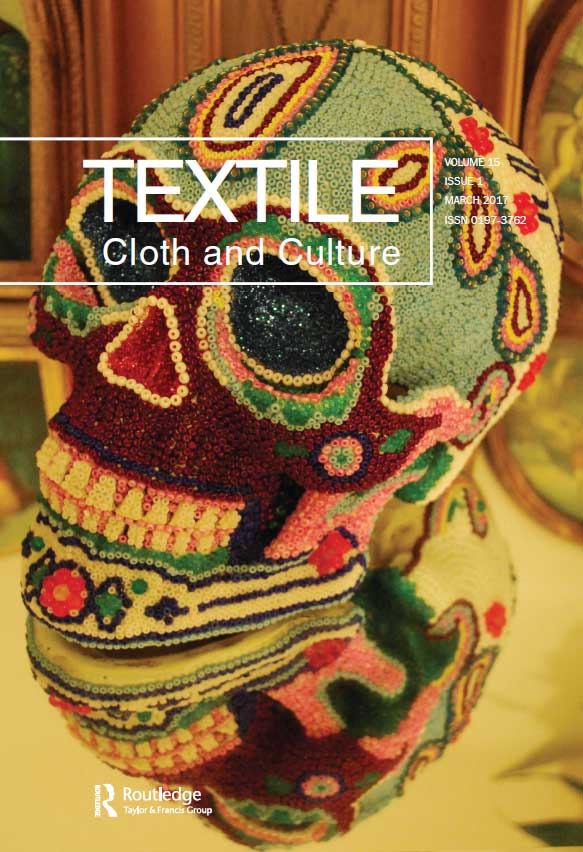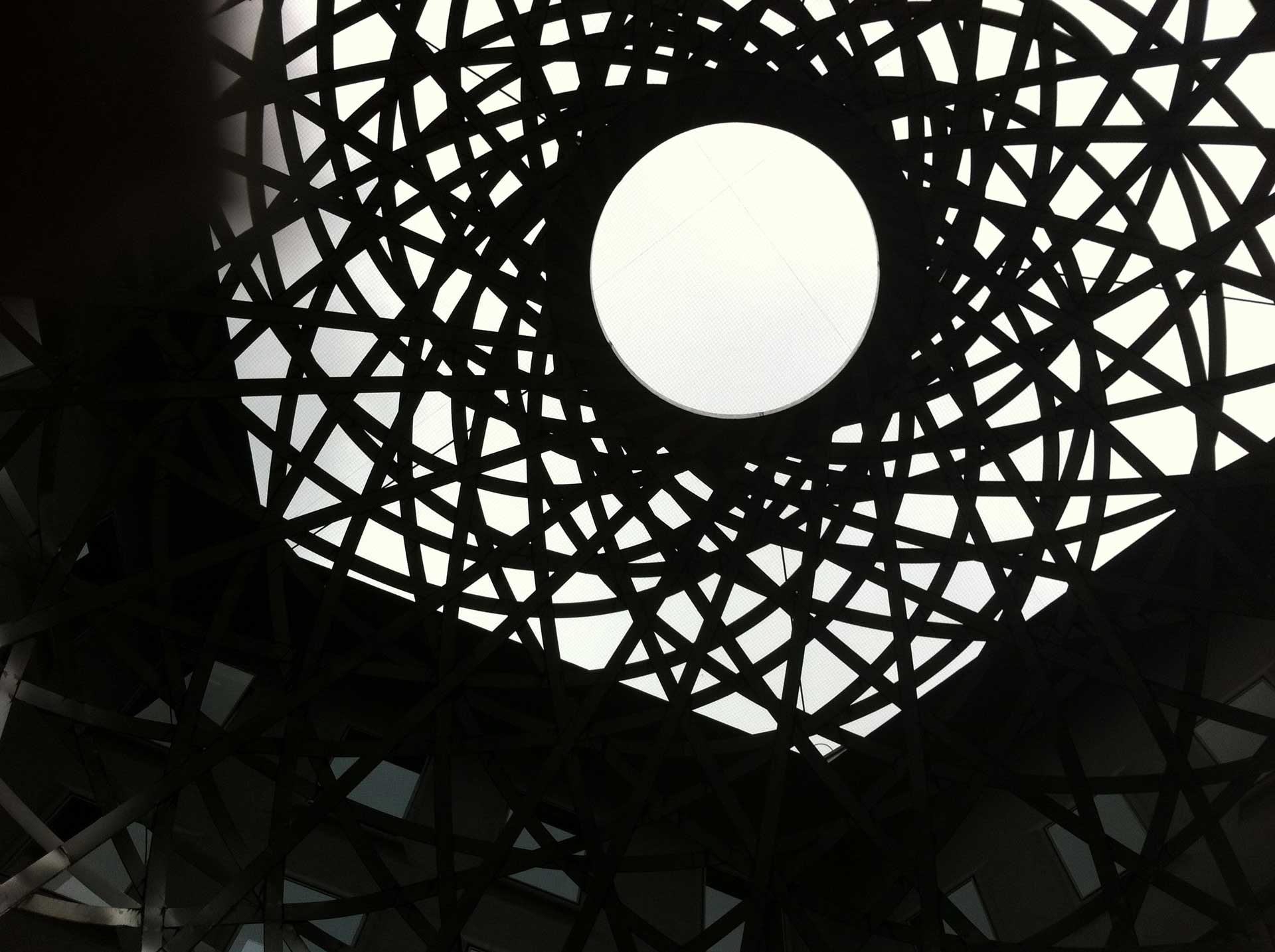
Transitions 2: Material Revolution
Transitions 2: Material Revolution
Wednesday 11 April - Thursday 12 April 2018
Oastler Building, University of Huddersfield
School of Art, Design and Architecture
Department of Fashion and Textiles
Register Now!
Full conference: £240
Single day: £125
Full time student: £120
From Creative Concept to Functional Application
Join the Department of Fashion and Textiles as we discuss the Material Revolution. We will be exploring how through sustainable new technologies, trans-disciplinary design and creative entrepreneurship we can and are impacting on a new material world. Our engagement with textiles and materials directly influences our wearable and built environments.
The textile industry and associated value chains must give rise to new ways of thinking and embrace digitisation and clean high-tech manufacturing technologies. New ethical enterprising business models provide the opportunity to make the sector and its products more sustainable, realising new collaborative opportunities in emerging sectors seeking innovative textile and material solutions. New materials with better performance and smart functionalities need to be balanced with sustainable approaches to enhance health and wellbeing, traditions of textile making and advanced technologies need to communicate to enrich a diversity for material applications and new product development across diverse sectors.
This event will explore this bright material future and encourage collaboration and partnership between academia, business, practitioner and manufacturer.
Sign up to the Transitions 2: Material Revolution newsletter
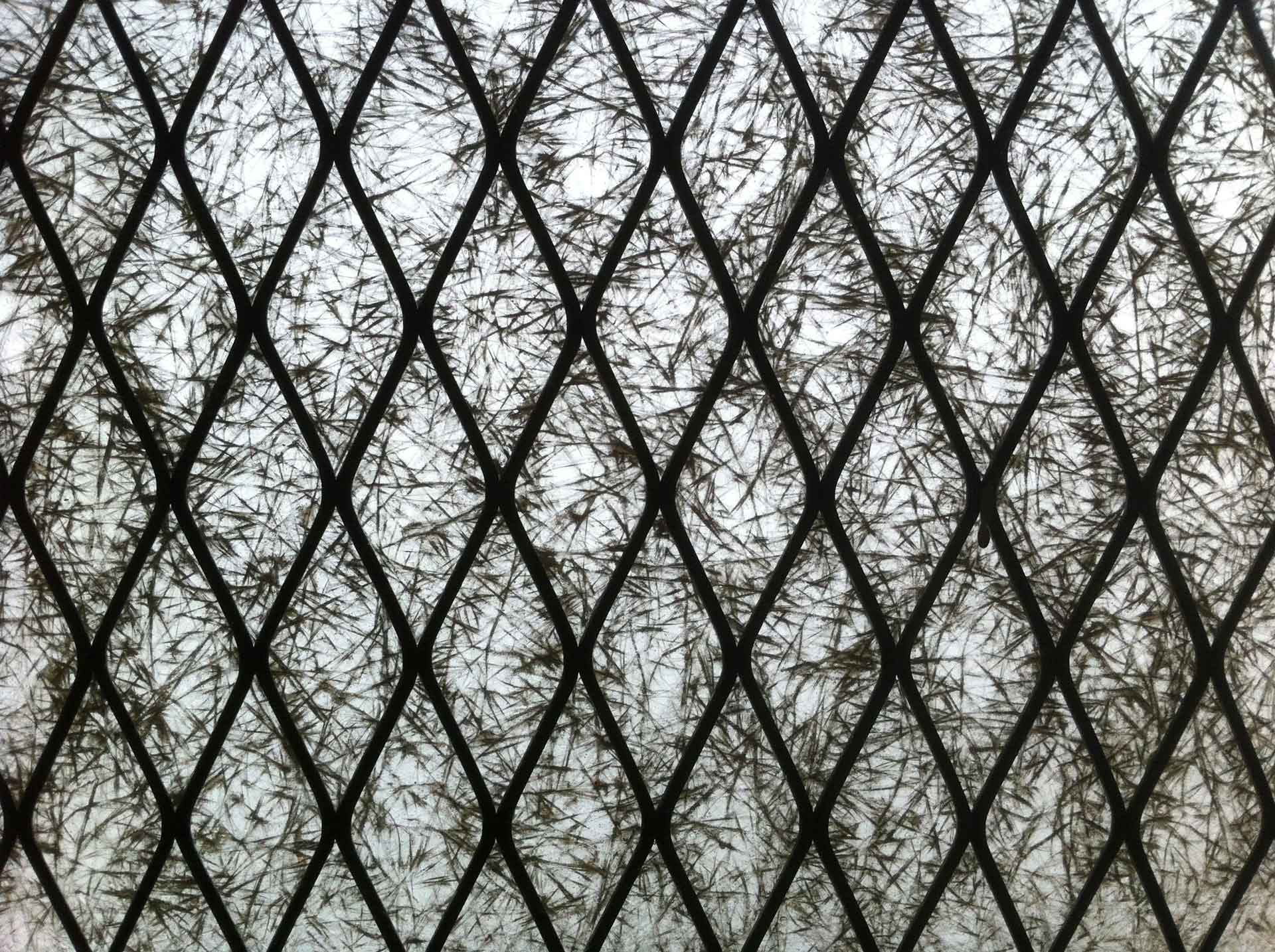
Themes
A few themes we are interested in and hope you are too

Important dates
Dates to note including call for papers, deadlines, registration opening...
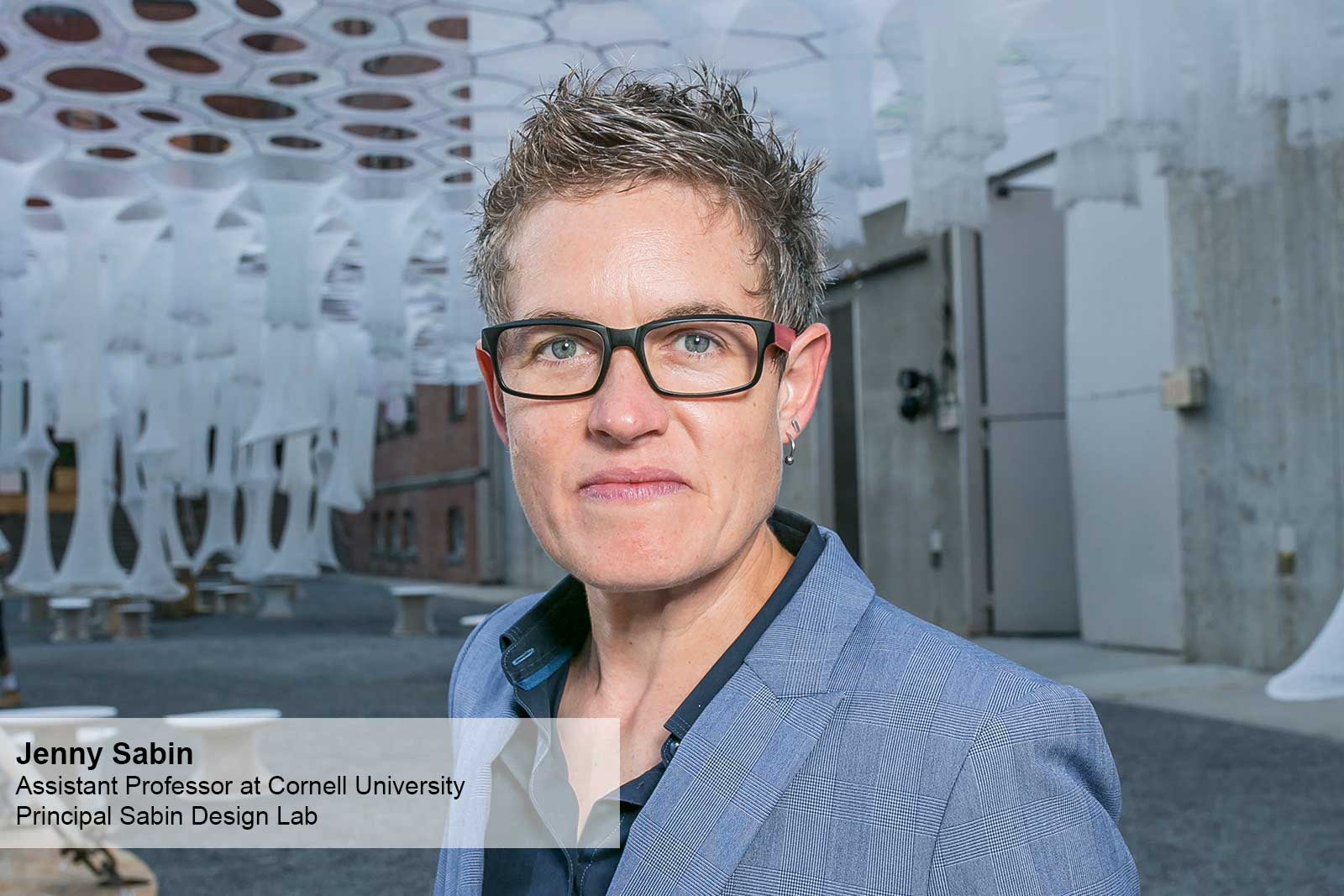
Speakers
Find out about our keynote and theme speakers
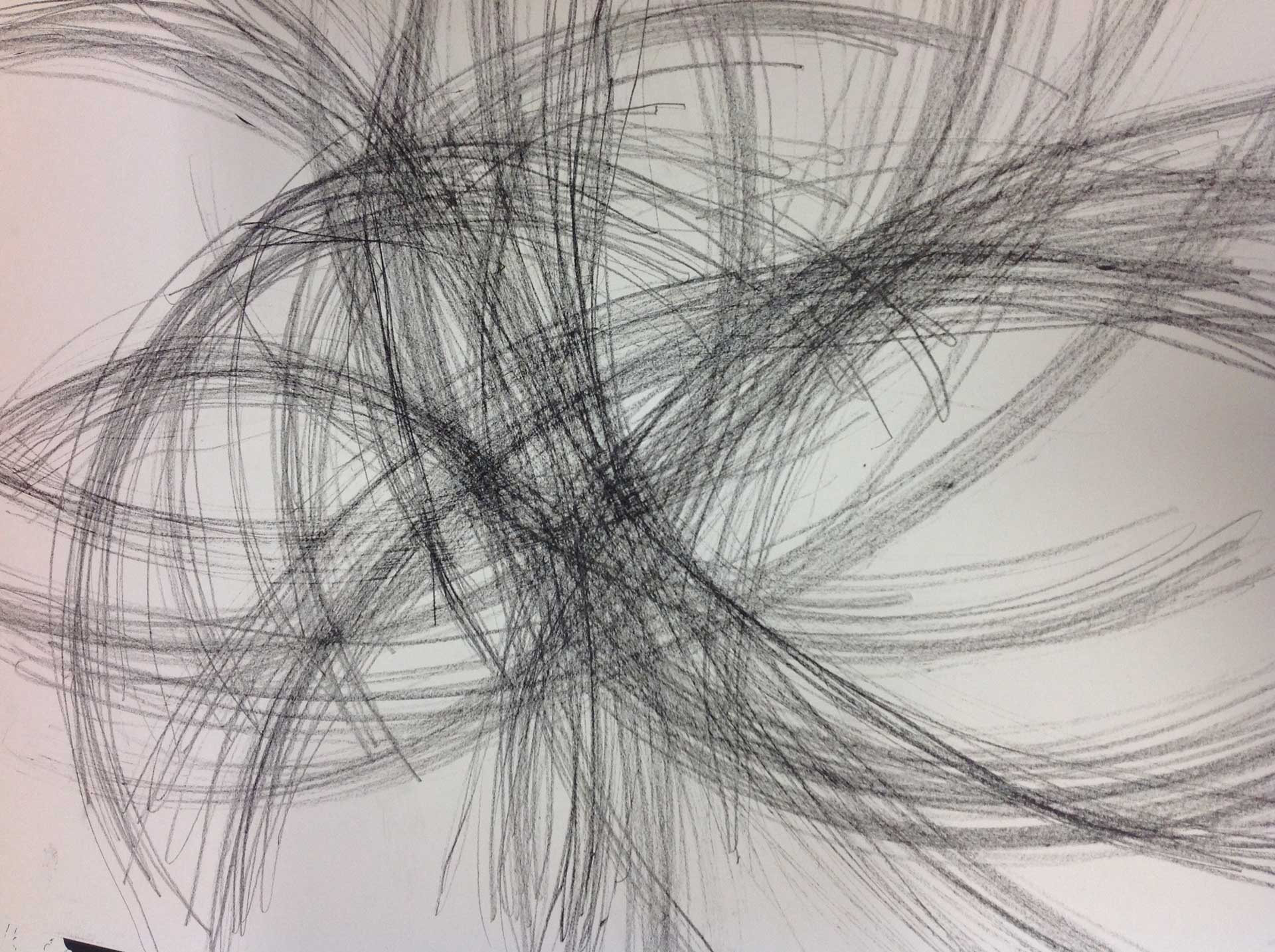
Submission of papers
Guidance for the submission of papers
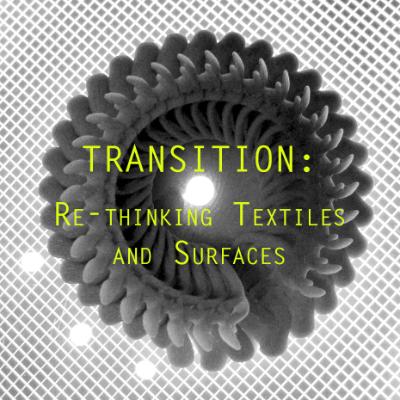
Transitions: Re-thinking Textiles and Surfaces™
Take a look back at the 2014 conference
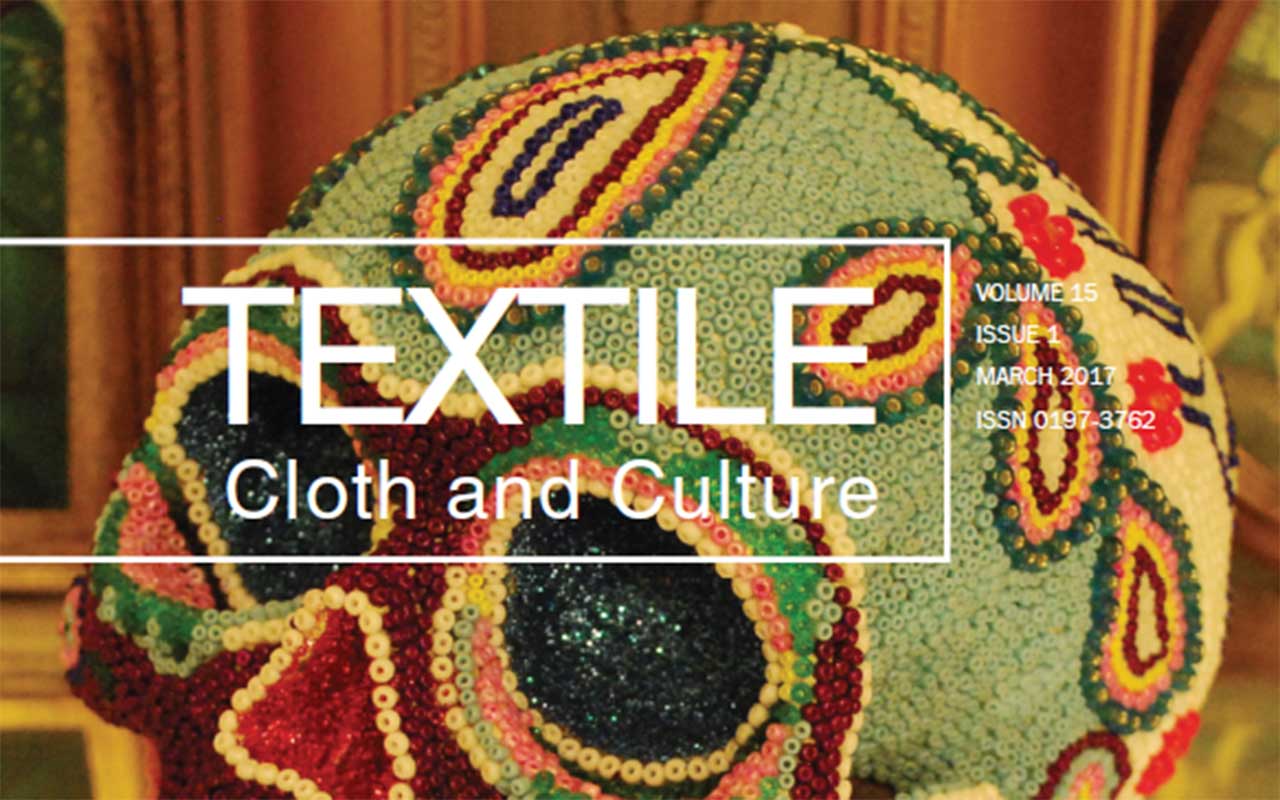
Textile: Cloth and Culture
Special edition journal
Department of Fashion and Textiles
Achieving worldwide recognition for merging traditional methods with new and digital technology
Location and accommodation
Where to find us and where to stay
Organisers and industry partners
Our organising team and key industry partners
School of Art, Design and Architecture Research Centres
Contact Us
Please get in contact with us if you have any questions about Transitions 2: Material Revolution. Email: transitionconference@hud.ac.uk
